Reflections on Must-See Films From 1967
It’s already time for another yearly overview! I’m now done watching (almost) all titles from 1967 listed in GFTFF, and am happy to report I voted more than 50% (39 out of 76) as must-see. Many are stand-out movies worthy of recommending, so let’s go!
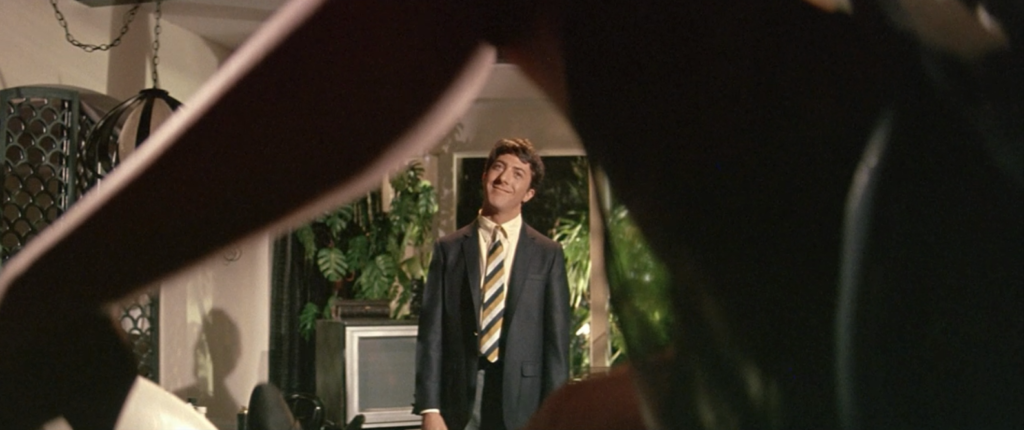
- Of the 39 must-see titles, nine are in languages other than English. Five are in French: Godard’s Weekend and La Chinoise; Chris Marker’s Far From Vietnam; Claude Berri’s The Two of Us (discussed below); and Bunuel’s Belle du Jour. Two are in Swedish/Danish; one is in Italian; and two — The Firemen’s Ball and Closely Watched Trains — are in Czech.
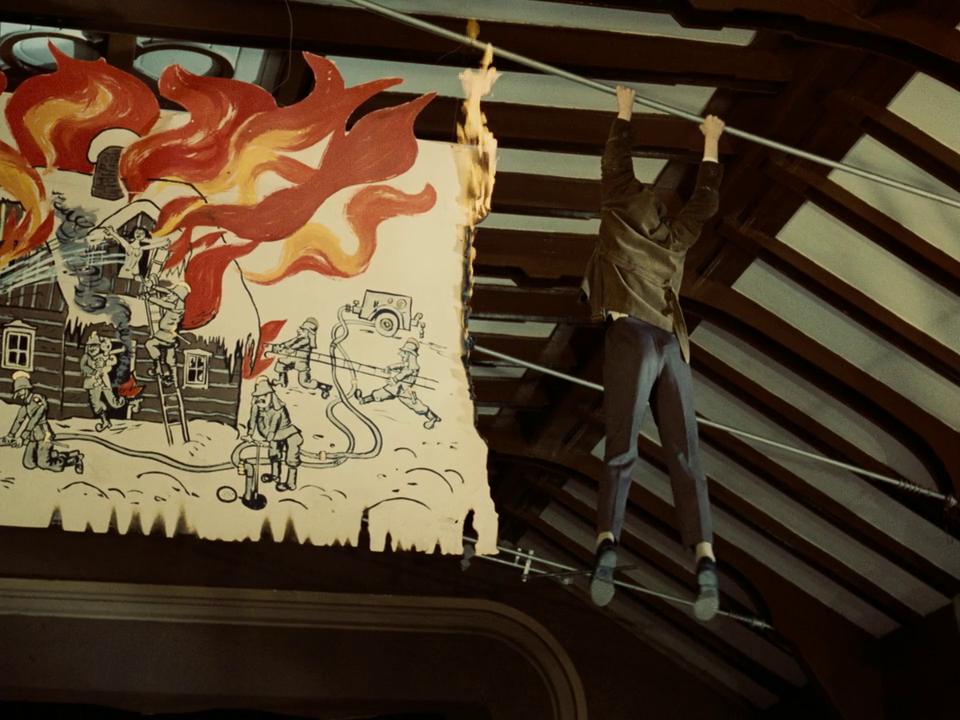
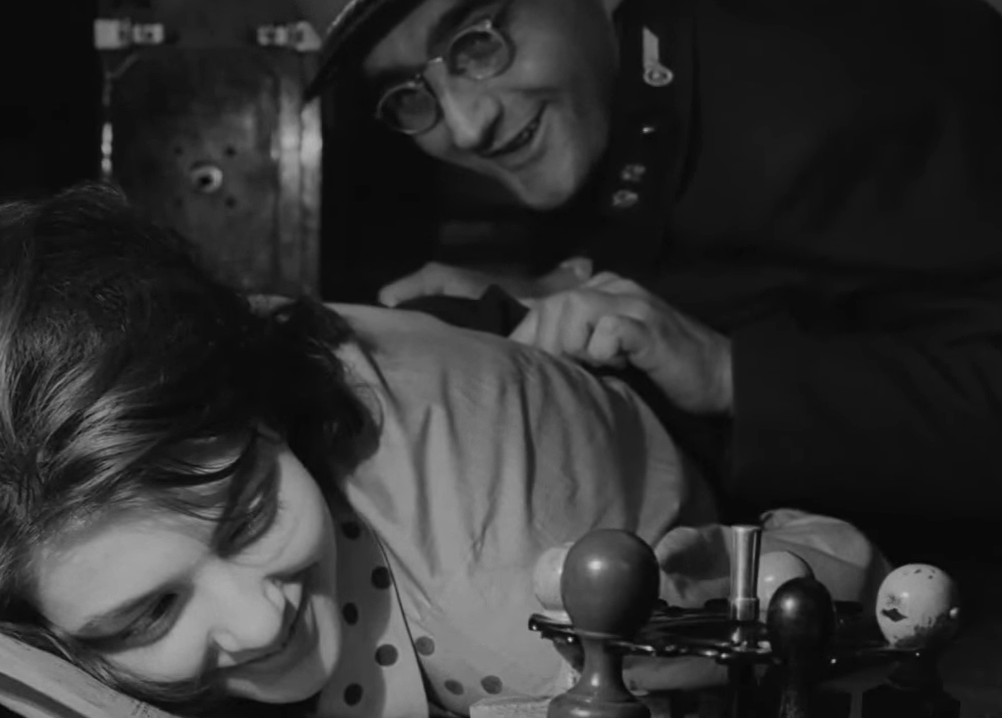
- There are several noteworthy cult favorites from 1967, including Monte Hellmann’s existential western Ride in the Whirlwind:
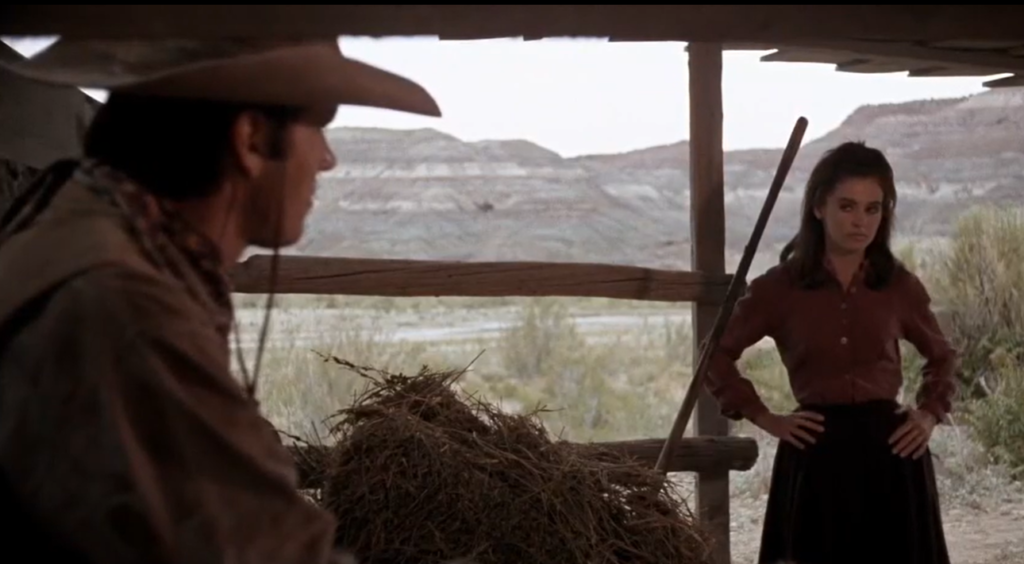
… Mark Robson’s “infamously trashy adaptation of Jacqueline Susann’s bestselling novel,” Valley of the Dolls:
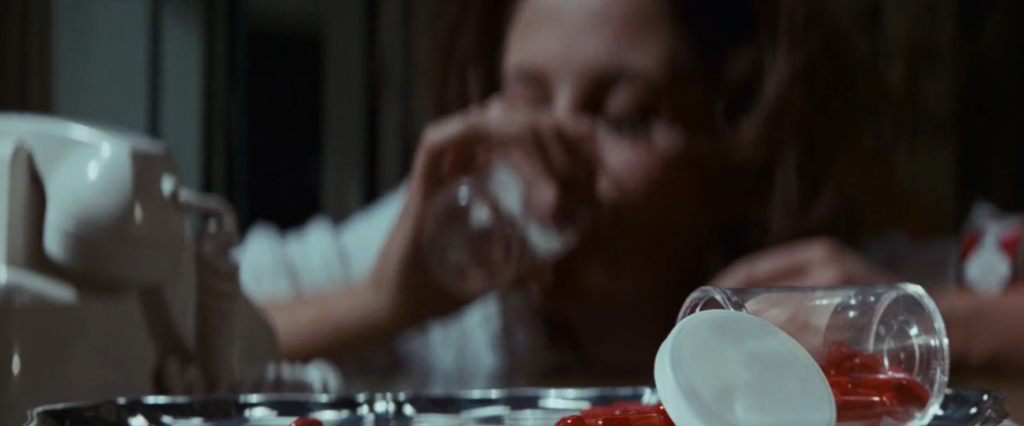
… and Jack Clayton’s delightfully dark Our Mother’s House, about seven orphans who bury their deeply religious mother in the backyard and are unsure how to respond when “a man named Charlie (Dirk Bogarde) suddenly appears at their doorstep claiming to be their long-lost father;” “the children find themselves torn between delight and apprehension.”
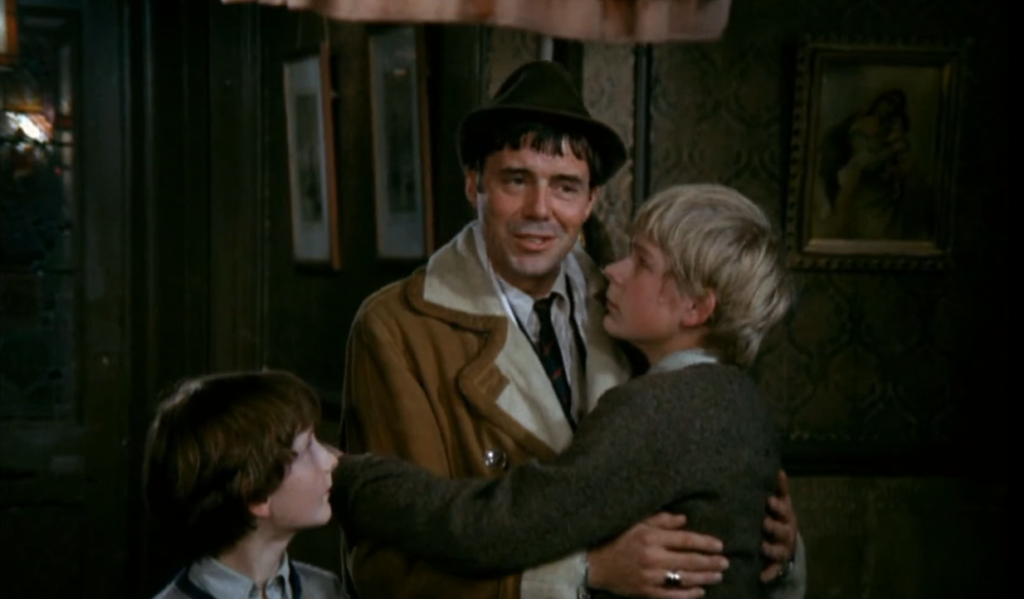
- A cult and box office favorite was Mike Nichols’ The Graduate: we not only laugh with discomfort at Dustin Hoffman’s (Ben’s) seduction by Mrs. Robinson (Anne Bancroft), but it’s “easy to relate on a personal level to Ben’s broader existential dilemma, as he contemplates how to craft a life for himself without automatically following in his parents’ footsteps.”
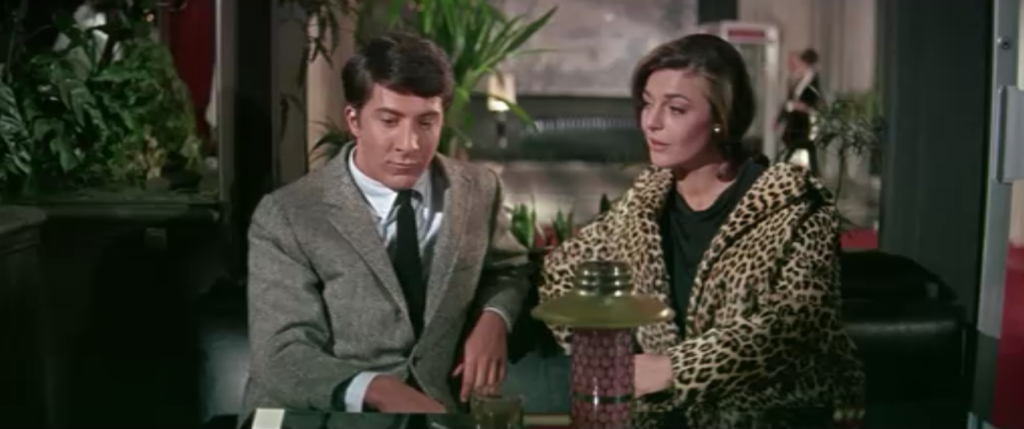
- Richard Brooks’ In Cold Blood has held up well as a hyper-realistic adaptation of Truman Capote’s true-crime thriller “about the senseless murder of the Clutter family in Kansas.” It features “natural performances by… two relatively unknown leads (an intentional decision on Brooks’ part); appropriately noir-ish cinematography by Conrad Hall; and an effective soundtrack by Quincy Jones.”
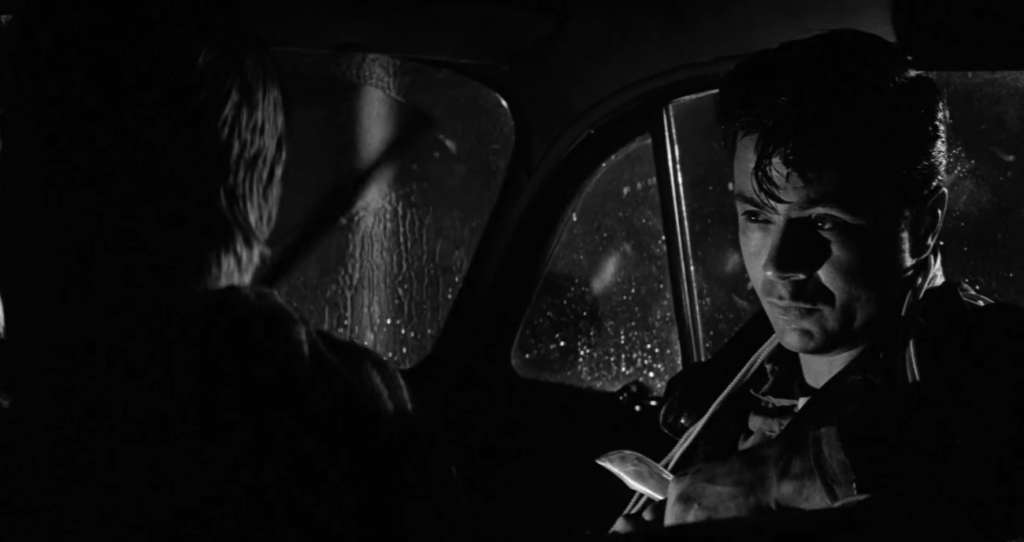
- Lee Marvin was a bad-ass in two notable thrillers that year: Robert Aldrich’s The Dirty Dozen — about “a critical suicide mission at a Nazi-filled chateau in France” — and John Boorman’s Point Blank, in which Marvin “stays uncannily calm, cool, and collected as he carries out his deliberate quest to first annihilate [his] seemingly untouchable [nemesis], and then collect the money he is owed, going as high up as he needs to on the organizational food chain.”
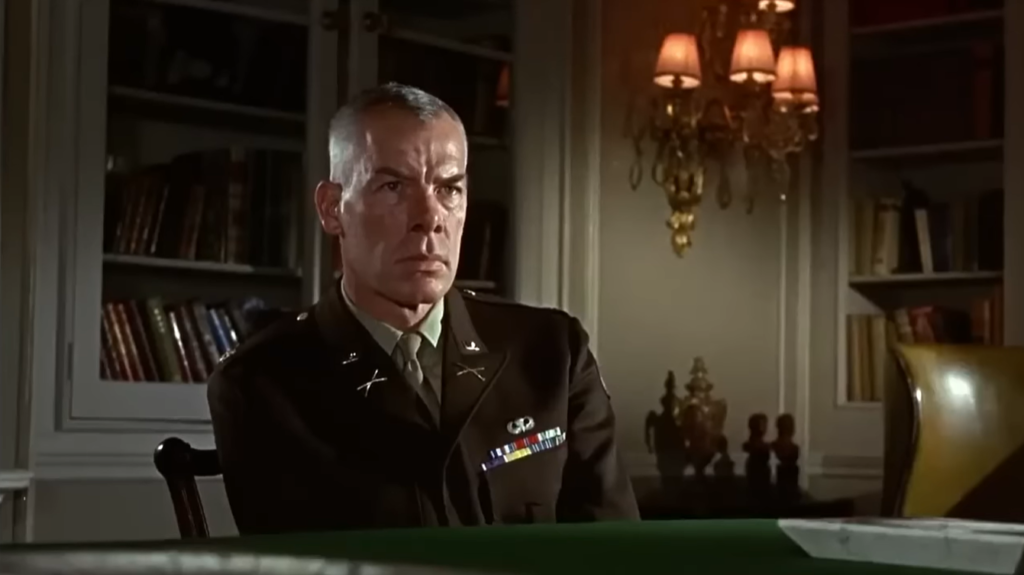
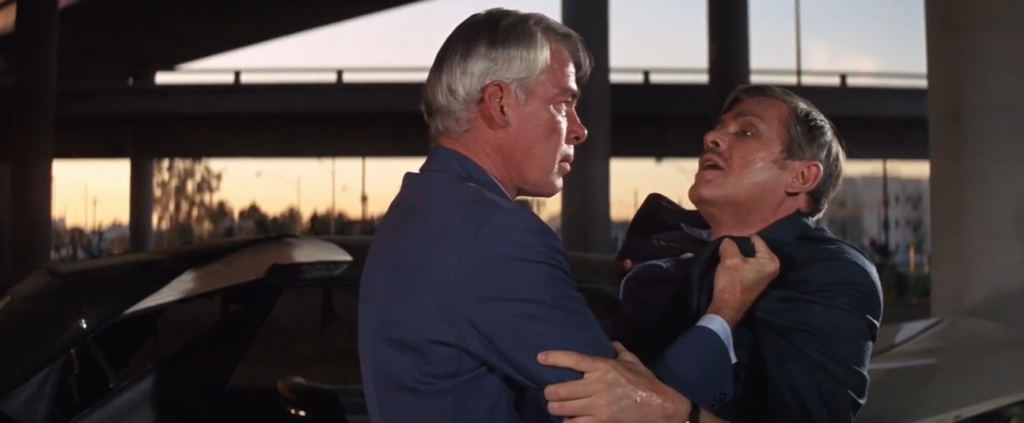
- Meanwhile, Paul Newman in Cool Hand Luke “embodies our deepest wish-fulfillment” of “sticking it to the man” given that “he refuses to give up or give in, and justifiably earns the intense respect and admiration of his fellow inmates.”
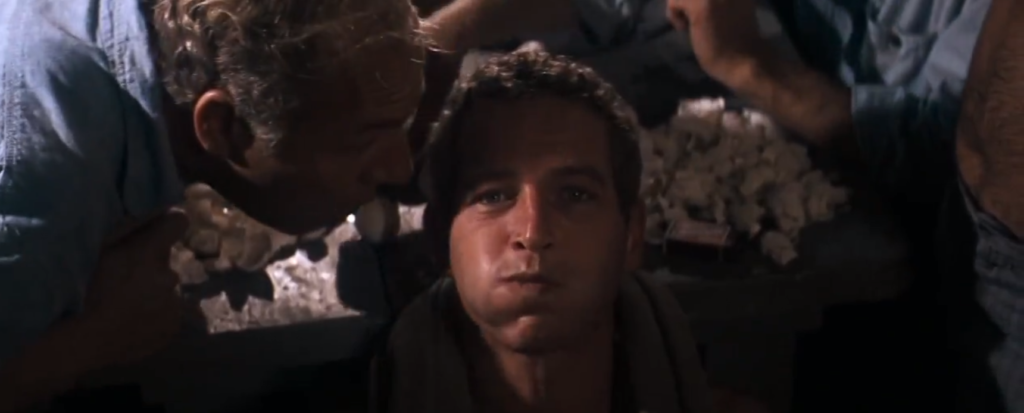
- Speaking of non-conformists, 1967 gave us Arthur Penn’s Bonnie and Clyde, “one of the most highly regarded and influential post-war American films ever made.” It provides an “unapologetic portrayal of young gangsters who rob banks on a lark and become national celebrities,” thus paving “the way for countless other tales of ‘romantic couples on the run’.”
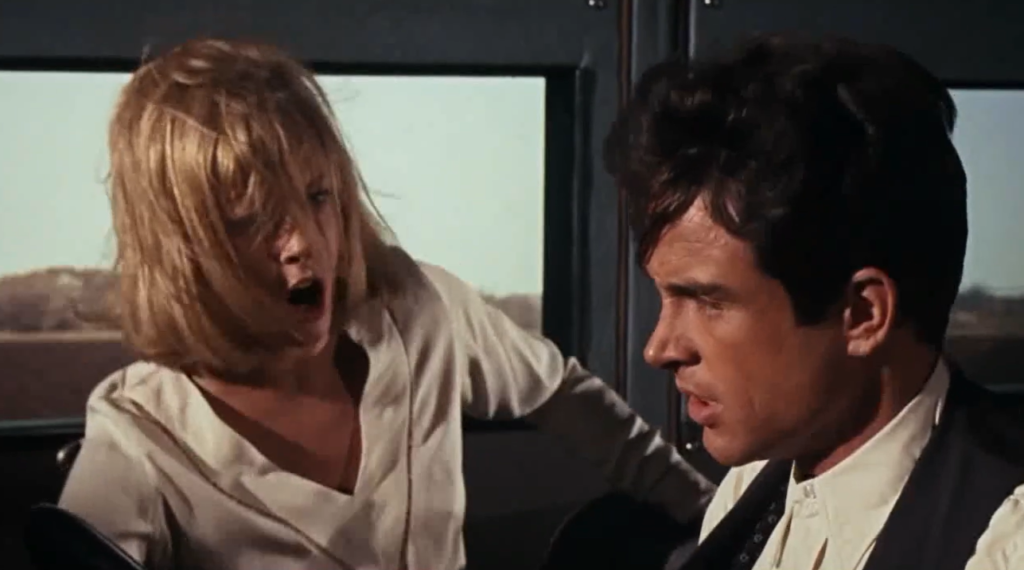
- Race-related films from that year included not only Norman Jewison’s Oscar-winning In the Heat of the Night and Stanley Kramer’s Guess Who’s Coming to Dinner, but also Shirley Clarke’s Portrait of Jason and Melvin Van Peebles’ The Story of a Three Day Pass — set in Paris and telling a “straightforward yet emotionally complex tale of racism and cross-racial romance at a time when the United States was about to pass Loving v. Virginia, a landmark civil rights decision ruling laws banning inter-racial marriages as unconstitutional.”
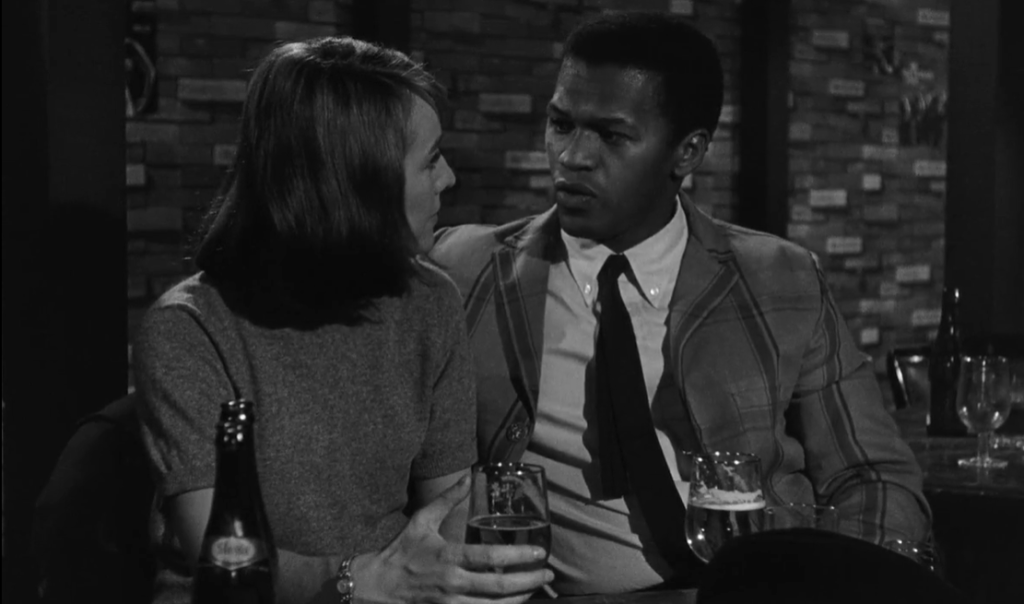
- In John Huston’s magnificently hued Reflections in a Golden Eye (based on Carson McCullers’ novel of the same name), Marlon Brando gives “a truly heartbreaking and noteworthy performance” as “a tragically repressed army major who has clearly maintained a facade of ‘normalcy’ and rigor for far too long.” As I note in my review, “Brando’s every expression reveals the depth of his character’s confusion, anger, and desire, and he’s consistently fascinating to watch.”
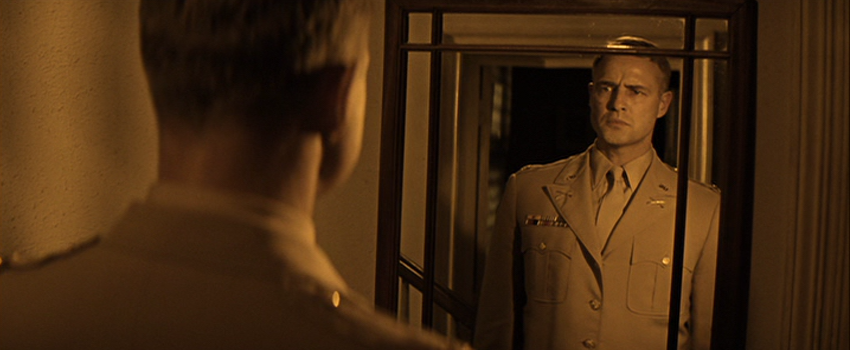
- I’m a huge fan of Frederick Wiseman’s documentaries, including his notorious debut Titicut Follies, about “the lives of criminally insane inmates at the Massachusetts Correctional Institution.” Wiseman “takes a no-holds-barred approach to his sticky subject matter, never flinching from even the most uncomfortable interactions.”
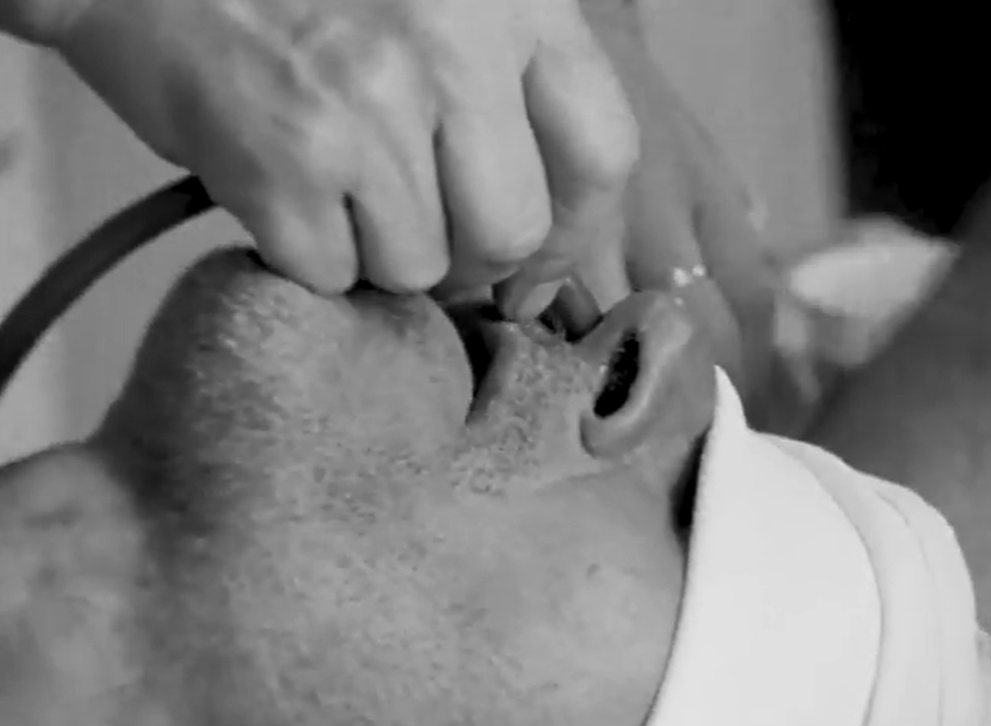
- Other noteworthy documentaries from that year include The Lenny Bruce Performance Film and Emile De Antonio’s Rush to Judgment, in which “lawyer-author Mark Lane [speaks] with various individuals regarding the veracity of the Warren Commission‘s inquiry into the murder of JFK.,” revealing “a disturbing insight into how and why conspiracy theories immediately began to circulate.”
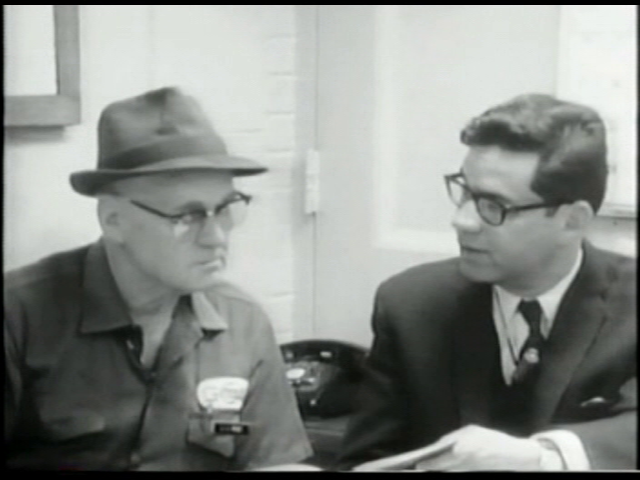
- Finally, don’t miss Claude Berri’s feature debut The Two of Us,
“a gentle fable about the absurdity of prejudice” based on Berri’s “own experiences as a [Jewish] boy in the French countryside during World War II,” and starring Michel Simon in a late-life performance.
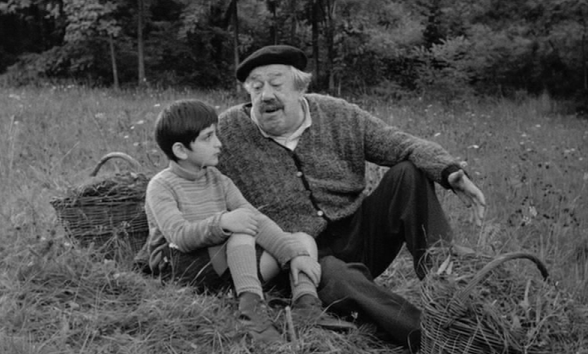
1968 was another good year for movies, so I’m looking forward to covering that. Stay tuned!